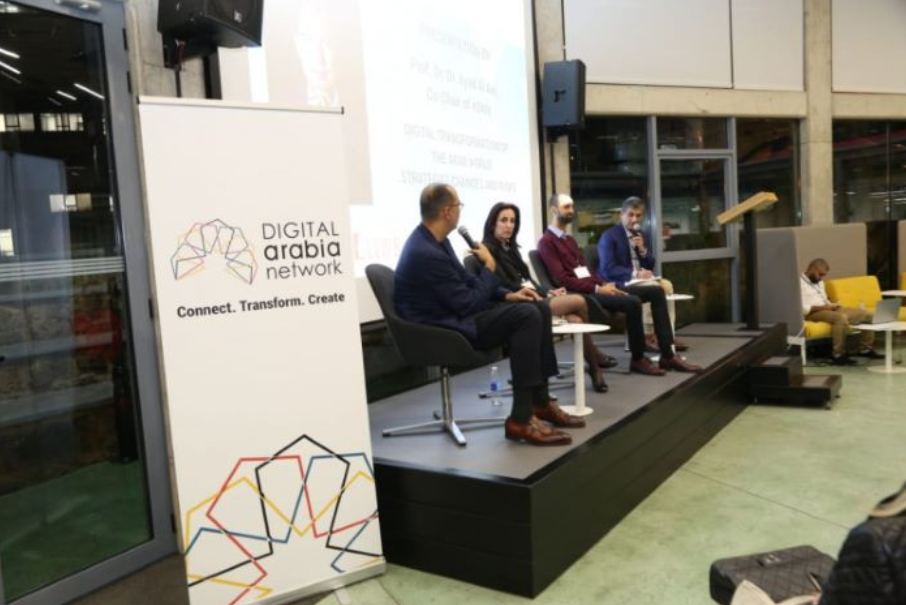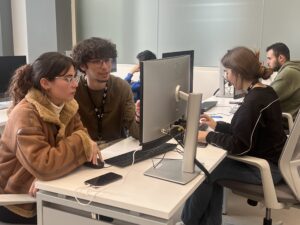– Lebanese startup scene captures 10% of investment deals in MENA region in 2018
BDD’s conference hall filled up with eager attendees, seeking to learn more about how digitization will impact the MENA region in the coming years. The MENA Roadshow event, hosted by the Digital Arabia Network (DAN), in partnership with BDD and in collaboration with the Lebanese League for Women in Business and the Digital Opportunity Trust (DOT) Lebanon, shared enticing insights, captured in a year-long research project.
Lebanon, Tunisia, Morocco, Jordan and Egypt were part of the DAN-Mapping Project, a year-long research initiative. A notable highlight is that Lebanon appears to be growing in the digital sphere. There are many private initiatives being led by the private sector, in a country with 91% internet penetration, being the highest in the region, with 5.54 million internet users. The main areas of focus are in gaming, e-health and adtech, with advents in the financial and e-payment solution sphere also taking shape.
Enhancing educational curriculums in MENA is integral
Research also conducted by DAN, showed that digitization can help enhance education, and spread knowledge more efficiently.
“There is an integral need to enhance the Lebanese school curriculums, to integrate computer and digital learning into them, as well as implement high speed internet to allow for easy access to the world of information,” said Asmahan Zein, President of the Lebanese League for Women in business (LLWB).
Closing the skills gap in MENA
Experts at the event, stressed on the fact that MENA’s businesses will transform, with numerous opportunities that will impact various industries due to digitization. In addition, the experts stressed on the fact that the workforce will soon require a different set of skills, and educational institutions, backed by governments, must work to close the skill gap.
Zein added that governments are required to take action. “The youth need to enhance their digital skills to compete in the global workforce, required in the 21st Century. To do so, strategies developed by the government are vital, to address this need,” she said.

Capitalizing on the local talent and enhancing their skillset, is also vital, according to Dr. Ayad Al Ani, Co-Chair of DAN. “The Arab World must make better use of its innovative talents and forge new national, regional and international projects in commerce, mobility, industry and urban design to reach a meaningful and sustainable position in the digital global economy,” he said.
The report showed that private companies are leading the shift into the digital era, with events and initiatives following closely, and startups playing a big role to shape the ecosystem. National strategies are also being implemented across the countries that took part in the DAN-Mapping Project, with Lebanon’s 2020 Digital Telecom Vision leading the way. However, advancements are hindered by national strategies for innovation.




